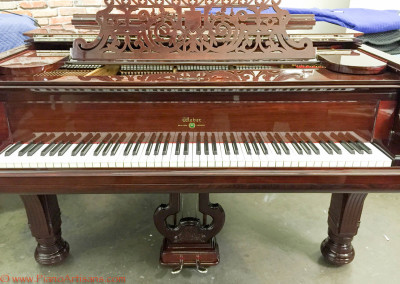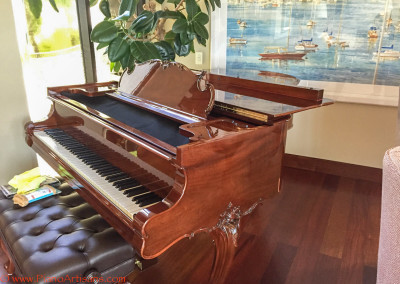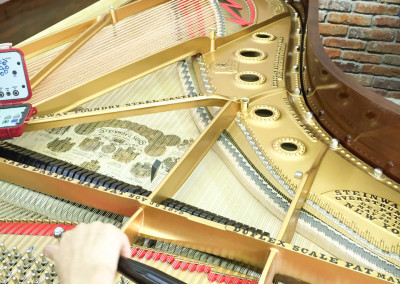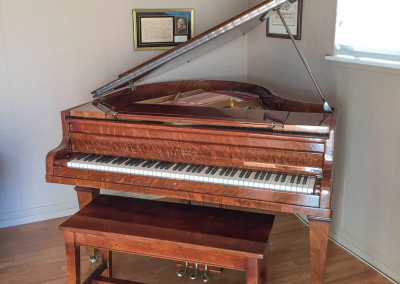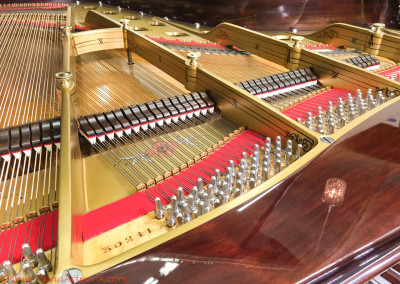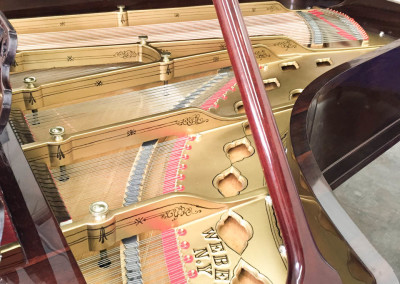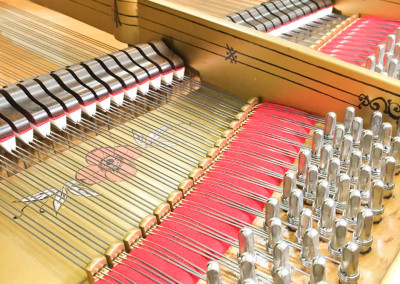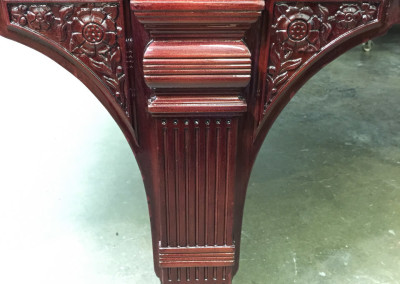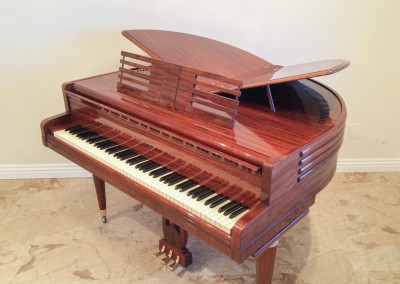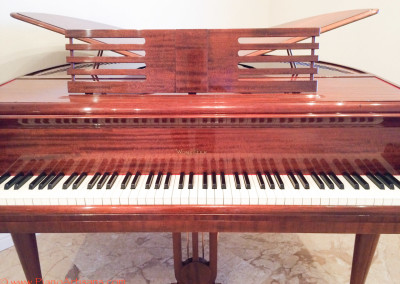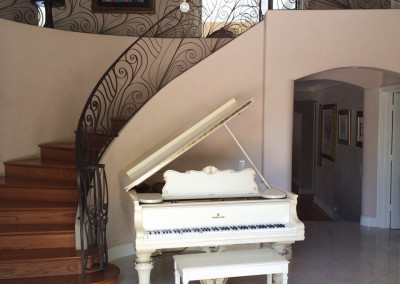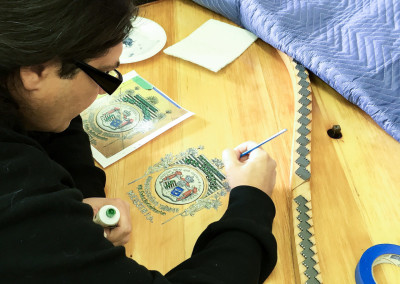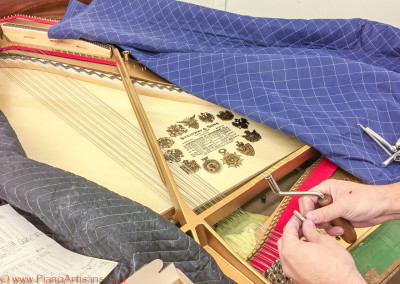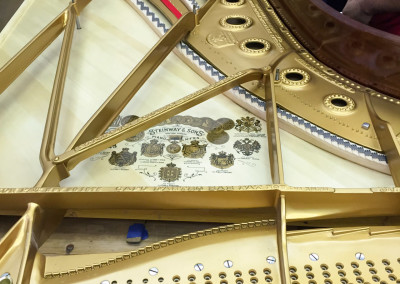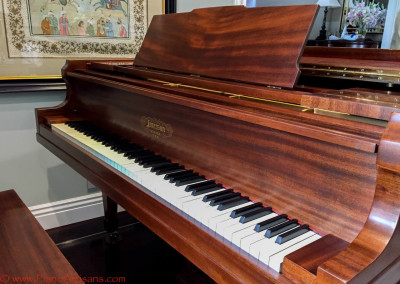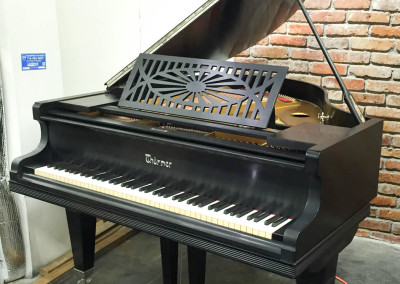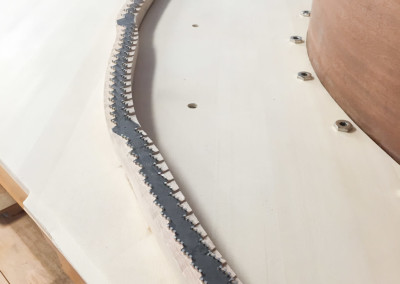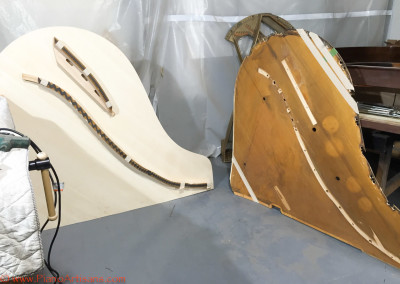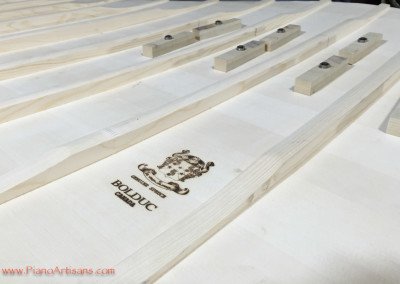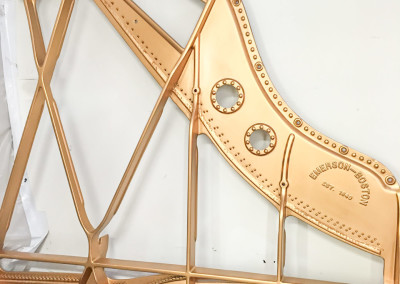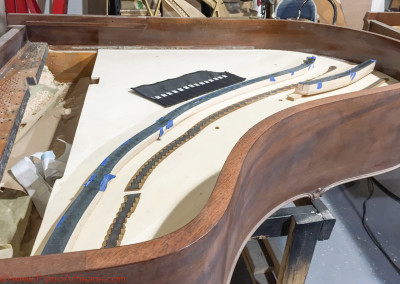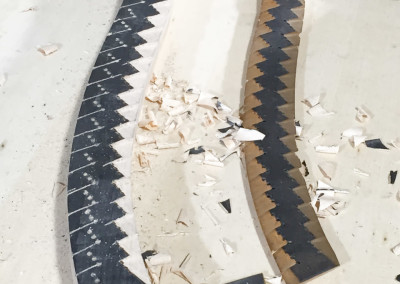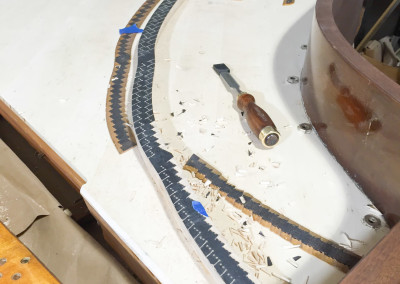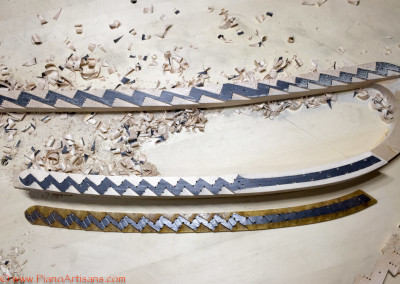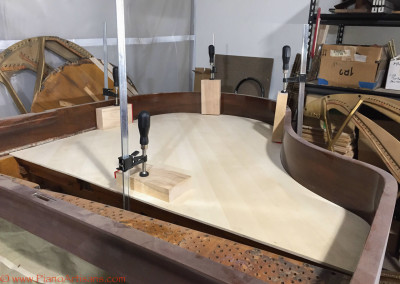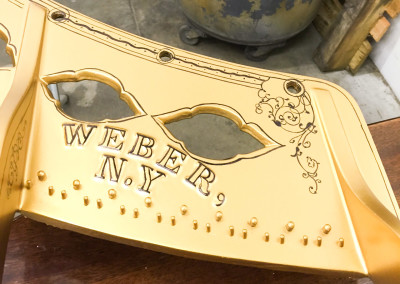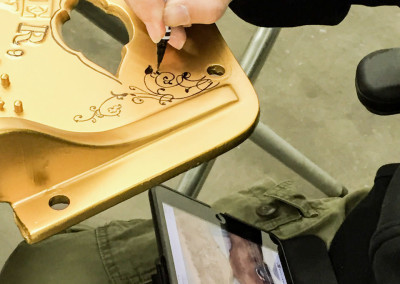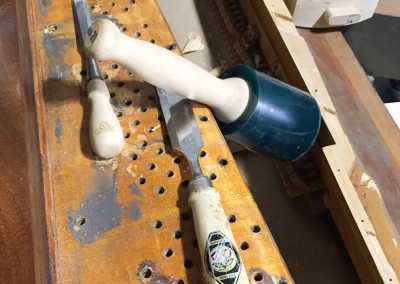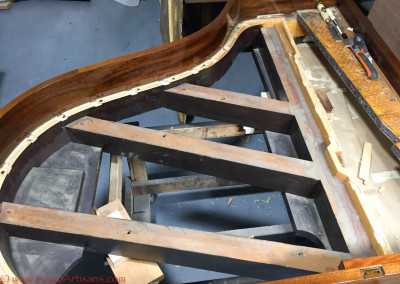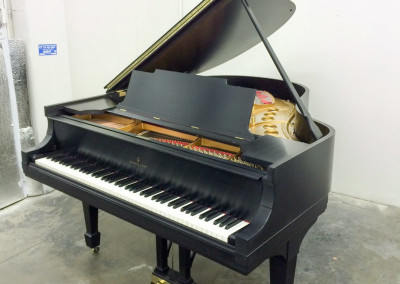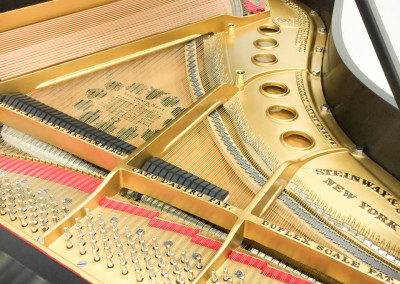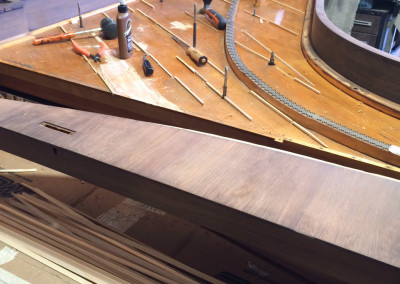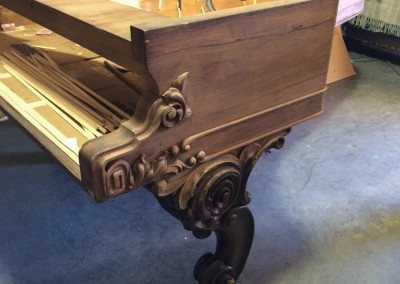“We are purveyors of the finest pianos and old fashioned techniques”
The Legacy of the 88-Note Piano: Why Your Instrument Deserves Preservation
A Masterpiece of Musical Engineering
The piano sitting in your home isn’t just a musical instrument—it’s a remarkable feat of engineering that represents centuries of innovation and craftsmanship. The standard 88-note piano we cherish today embodies the pinnacle of this evolution, a journey worth understanding for anyone who owns or appreciates these magnificent instruments.
From Royal Courts to Your Living Room: The Piano’s Noble Heritage
The lineage of your piano begins in the workshops of European craftsmen who served nobility and royalty. When Bartolomeo Cristofori unveiled his revolutionary “gravicembalo col piano e forte” (keyboard instrument with soft and loud) around 1700 in Florence, Italy, he created something unprecedented—an instrument that could express the full range of human emotion through its dynamic capabilities.
Early pianos featured just 60-70 keys, limiting composers and performers to a narrower range of expression. These instruments were exclusively crafted for aristocracy and the exceptionally wealthy, making them symbols of refinement and cultural sophistication.
The Quest for Musical Perfection
As musical tastes evolved throughout the 18th and 19th centuries, so did the piano. The instrument’s development wasn’t merely technical—it was driven by the passionate pursuit of artistic expression. Composers demanded more from their instruments, pushing manufacturers to expand the piano’s capabilities:
- Broader Emotional Range: The Romantic era’s composers required instruments capable of whispering intimacy and thunderous power
- Technical Innovation: Each additional key required sophisticated engineering solutions to maintain tonal quality and structural integrity
- Handcrafted Excellence: Master craftsmen devoted their lives to perfecting these instruments, often spending years building a single piano
The Birth of the Modern Standard
By the late 19th century, iconic manufacturers like Steinway & Sons introduced the 88-key piano (1880), establishing what would become the enduring standard. This wasn’t simply adding more keys—it represented a complete reimagining of the piano’s internal architecture to accommodate the increased string tension and mechanical complexity.
These pianos required:
- Stronger cast iron frames to withstand over 20 tons of string tension
- Premium materials often sourced from specific regions known for superior quality
- Hand-selected woods aged for years to ensure stability and resonance
- Countless hours of skilled craftsmanship
Why Your Piano Deserves Preservation
When you own a piano—whether a cherished family heirloom or a recently acquired treasure—you possess more than just a musical instrument. You’re the custodian of:
- Irreplaceable Materials: Many historical pianos contain old-growth timber that is no longer commercially available, with tonal qualities impossible to replicate with today’s materials
- Generational Craftsmanship: Skills passed down through apprenticeships that represent hundreds of years of accumulated knowledge
- Cultural Heritage: A direct connection to the great composers and musical traditions that shaped our cultural landscape
- Family Legacy: For many, their piano carries memories of family gatherings, childhood lessons, and significant life moments
The Investment Value of Proper Piano Care
A well-maintained piano doesn’t just preserve musical quality—it protects your financial investment. Premium pianos that receive expert restoration and maintenance have consistently demonstrated strong value retention and appreciation over time:
- Properly restored vintage Steinways have seen values increase 5-7% annually over the past decade
- Many Golden Age pianos (1880-1930) have outperformed traditional investment vehicles
- Unlike mass-produced modern alternatives, vintage pianos with historical craftsmanship become increasingly rare and valuable each year
Preserving Musical Excellence for Future Generations
At Piano Artisans, we understand that your piano represents more than its monetary value. Our restoration philosophy centers on preserving the musical soul and historical integrity of these magnificent instruments while ensuring they continue to inspire future generations.
Whether your piano has been in your family for generations or is a recent addition to your home, proper restoration ensures that the remarkable legacy of the 88-note piano continues through your instrument. Our museum-quality restoration processes honor the craftsmanship of the original makers while incorporating modern techniques to enhance longevity and performance.
Experience the Difference
We invite you to discover how our specialized restoration services can breathe new life into your piano while preserving its unique character and heritage. Contact us today to discuss how we can help your piano continue its musical journey for generations to come.
Request Consultation | View Our Restoration Gallery

